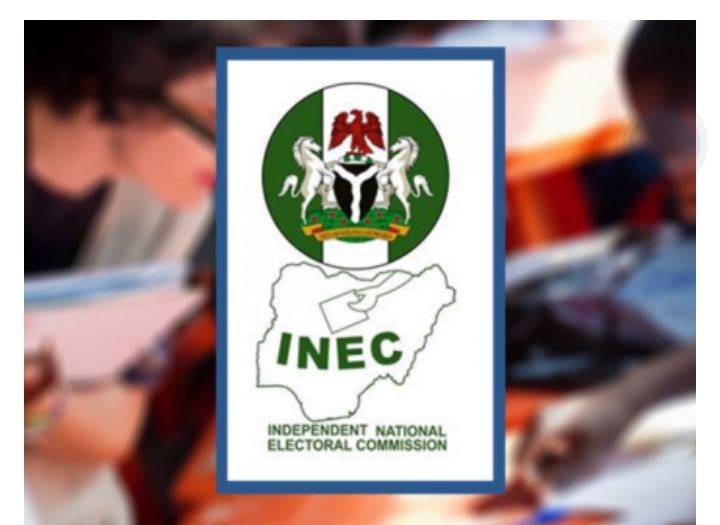Itsekiri group rejects INEC’s ward delineation, threatens legal action
The Itsekiri Nation has rejected the proposed ward delineation report released by the Independent National Electoral Commission in Delta State, warning that it will challenge the exercise in court if implemented.
Secretary of the Itsekiri Leaders of Thought, Mr Amorighoye Mene, made this known during a press conference on Sunday in Asaba, alongside other members of the group.
He said the delineation, which affects the Warri Federal Constituency—comprising Warri North, Warri South, and Warri South-West Local Government Areas—was unfair and failed to reflect the population and voter strength of the various ethnic groups in the area.
He said, “We expected INEC to take into consideration the voting strength of the various ethnic groups that make up the area: the Itsekiris, Urhobos and the Ijaws and other mixed demographics areas would have been taken into consideration while delineating the wards and polling units.
“At the INEC stakeholders meeting on Friday unveiled the proposed delineated wards and polling units in the Warri Federal Constituency in line with the Supreme Court’s judgement that calls for fresh delineation.
“We were not given the opportunity to speak or react at the venue of the unveiling, but we have looked at the report given to us and the entire Itsekiri nation completely condemns and rejects the work done by INEC.”
Providing figures, Mene stated that in Warri North, where the Itsekiris previously had six wards and the Ijaws four, the new delineation gives Itsekiris eight wards—despite having 75,912 registered voters and 134 polling units—while the Ijaws, with 35,480 voters and 58 polling units, now have 10 wards.
He added, “In Warri South West, Itsekiris with a voter strength of 94,074 and 175 polling units based on INEC register, now have five wards out of 19 wards delineated by INEC in their report.
“While the Ijaws, with 95,046 voting strength and 147 polling units, now have 14 wards in the area.
“In Warri South, Itsekiris with the voting strength of 88,309 and 174 polling units now have eight wards, while the Urhobos with 38,000 voters and 72 polling units, have 10 wards, and the mixed demographic area with about 51,517 voters and 105 units, the Ijaws got two wards in the area.”
Mene said that the implications of INEC’s action, if allowed to implement the proposed wards, are that the Itsekiri people would not get fair representation in terms of electoral positions, saying that this action is capable of causing a crisis among the ethnic groups.
They called on INEC to reflect on the issues and be fair and equitable based on the number of registered voters from each of the areas, insisting that the purpose of ward delineation was the eligibility of voters and how they could vote conveniently without being disfranchised.



























